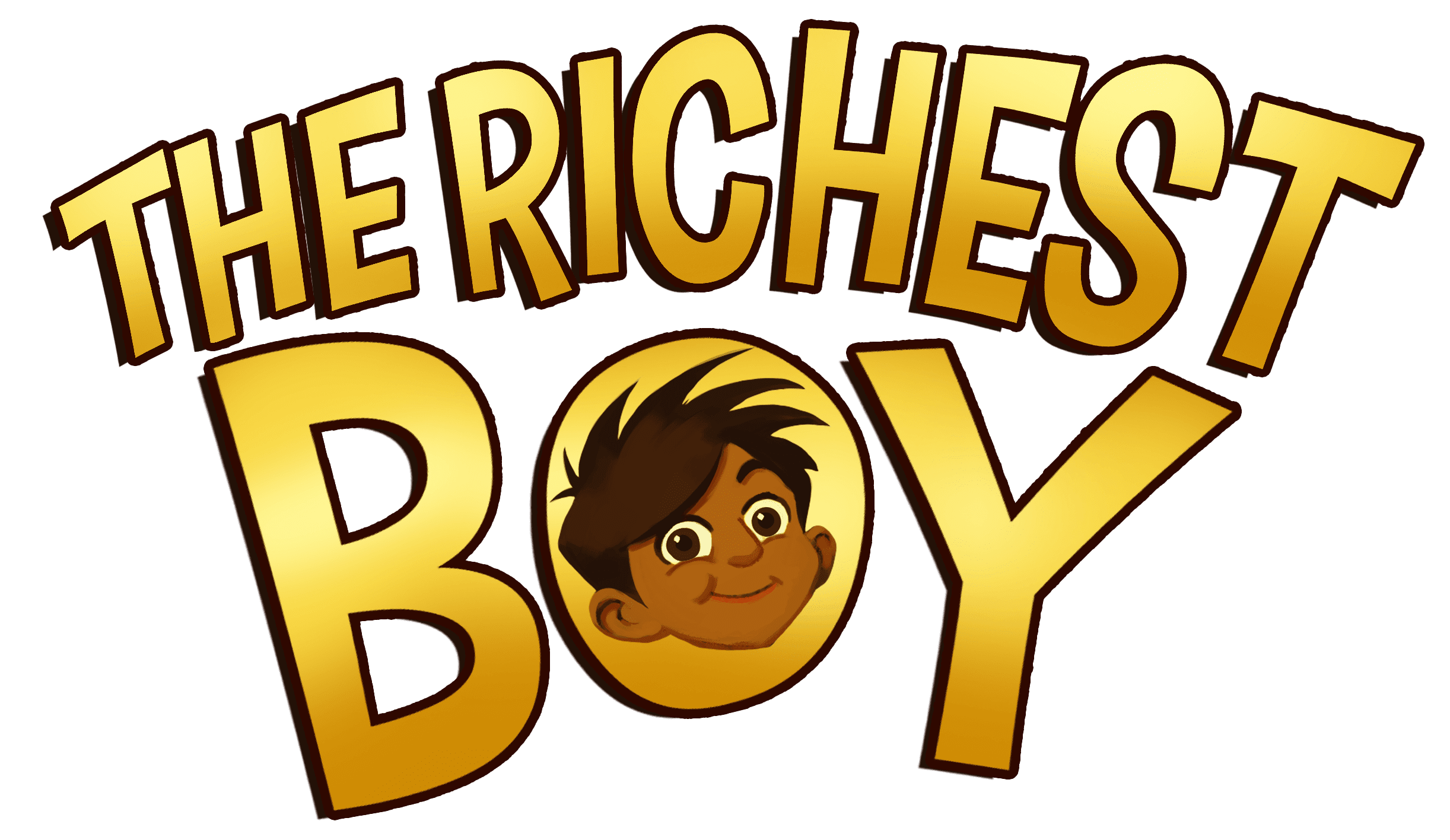For the vast majority of children, financial literacy—despite its importance—is neither taught at school nor at home. Why our schools do not teach even the basics would require speculation into motives and priorities of the curriculum creators, which I will not attempt here. Why these ideas are not taught at home follows from the ideas not being taught in school, most adults simply have never been taught the basics of financial literacy themselves, and thus do not feel comfortable, or cannot teach their own children. You do not know what you don’t know. Thus, the idea of The Richest Boy in Athens was born.
If the schools won’t teach our children the practical knowledge they need, and the parents either don’t know the material themselves, or simply are unsure of how to teach it, then it is up to parents, grandparents and the like to discover resources to help this next generation of children learn these valuable lessons. Hopefully The Richest Boy can be one of those resources.
There are certain ideas that if you were aware from a young age could change your life drastically for the better. One of those ideas, for example, is the financial wonder of compound interest. Getting your child, or even a parent or guardian, to understand this concept, and apply its lesson to their child, can increase the child’s net worth by millions of dollars over their lives, and thus drastically increase their options and freedom in life.
For example, if you got your child going saving from birth, just $100 a month, in an account that gave you a 5% tax free rate of return every year for the rest of their lives, those total contributions of $108,000 would be worth over $2,100,000 million by the time that child is 90. If you waited until the age of 50 to begin saving $100/month at 5%, your $48,000 in contributions would only be worth $150,000. Those additional 50 years of compounding are worth almost $2,000,000 more. That is the power of compounding.
So having your children—and their guardians—understand this concept, is arguably one the most valuable pieces of financial information you could ever teach someone, but the earlier you teach it, or put the idea to work for them, the better (there are many other important caveats and related lessons that apply here as well, but those will be covered  in future blog posts).
in future blog posts).
Other important concepts like ‘paying yourself first’, can be used in tandem with the above idea, to super charge this compound interest concept, as well as teach other important lessons like delayed gratification, goal setting, and long-term planning. All of which are vitally important not just for the individual, but for society as a whole, which benefits, and only improves, when individuals think long term.
There are many other ideas that are valuable for children to learn, like work ethic, savings vs investing, risk, liquidity, interest, entrepreneurship, taxation, etc., and all of these will be covered in the books or blog, or other resources that will be available here. But for the moment it is important to realize that a child—and guardian—who understands even just the basics here, set that child up for a life full of more options and freedom.
Now, some might say, money isn’t everything, and this is true, it isn’t. But understanding the basics, and applying them, can ensure that money doesn’t become everything due to lack of it. Applying these important lessons ensures that the child can do more with less, and even let them live a life without stress around money, and where they are not limited by their finances. For example, say a child had started saving and benefiting from compound interest at a young age, and chose the right type of tool to place their capital, by the time they exit college, instead of being broke and perhaps having to take the first job offer that comes their way, despite their lack of interest in it, they could be in a position where they could wait for a better opportunity, more in line with their personal goals, lifestyle, or beliefs. This is one simple example in which understanding and applying these ideas might present them with multiple options down the road that they will be very happy to have.
Or perhaps it allows them to buy the car they otherwise couldn’t afford when they get their drivers license. Or let them afford the wedding they or their significant other have always dreamt of. Or perhaps it allows them to afford the house they otherwise would never have been able to buy, or the vacation they always hoped to go on. Perhaps it lets them retire early and work for a cause or charity they otherwise never would have been able to do or could only have done while drastically cutting back their own standard of living. A young life can be drastically changed for the better through understanding and applying these ideas.
So, if you are a parent, a guardian, or have children in your life that you wish the best for, start talking to them about these ideas, giving them resources, and explaining the benefits to them. You can’t force them to be interested, or make them apply the ideas, but introducing them, and helping them in whatever way you can, is one of the greatest gifts you can give them. And even better if you can help them start their own compound interest curve as early in their life as possible. They’ll thank you later, and long after you’re gone.
For some ideas of how to get started, check out this blog going over your options here.

